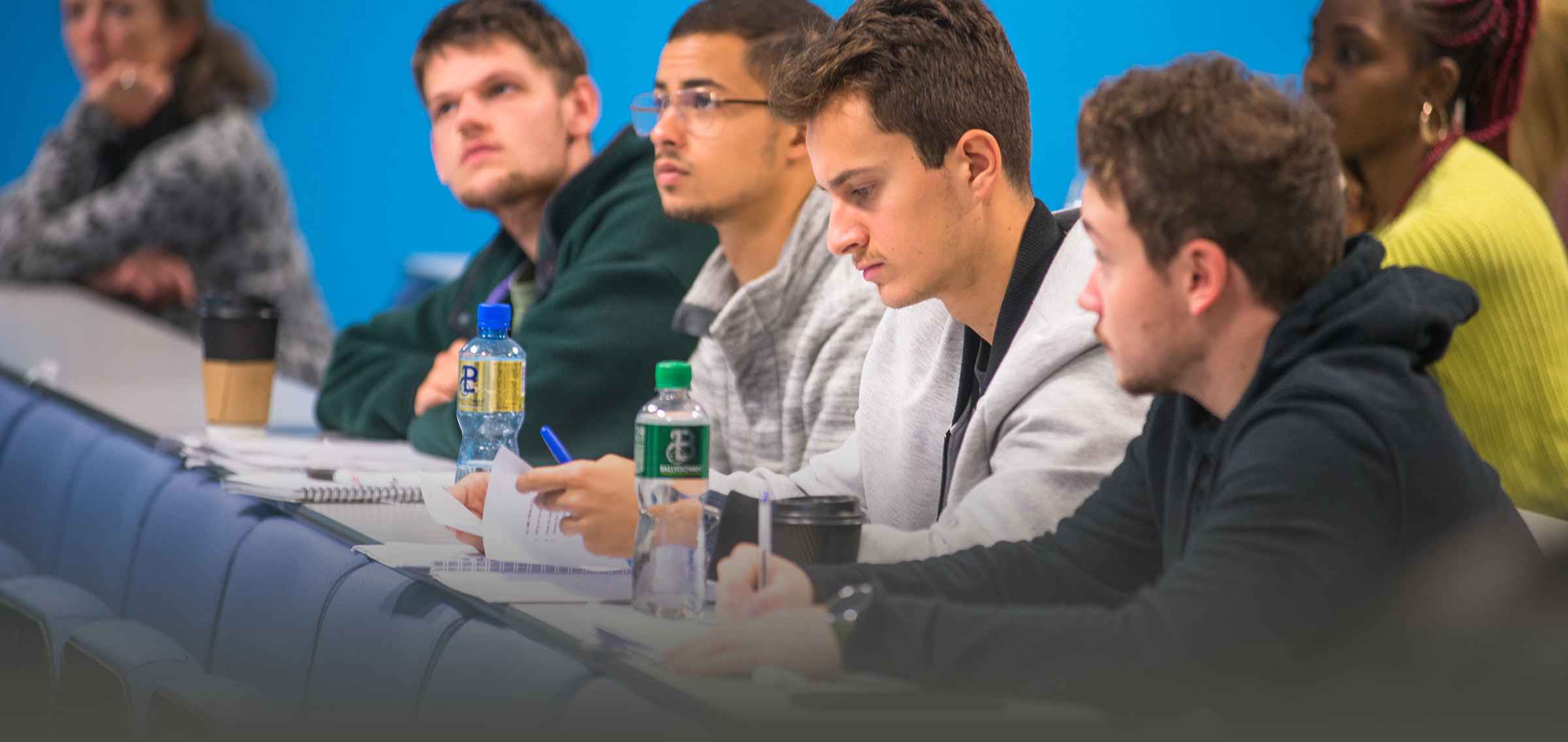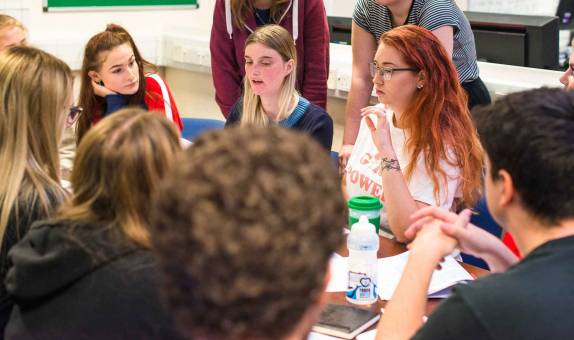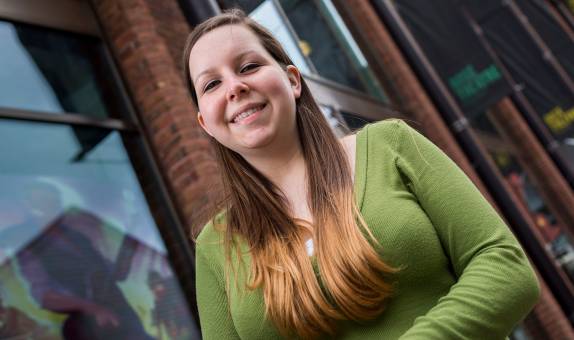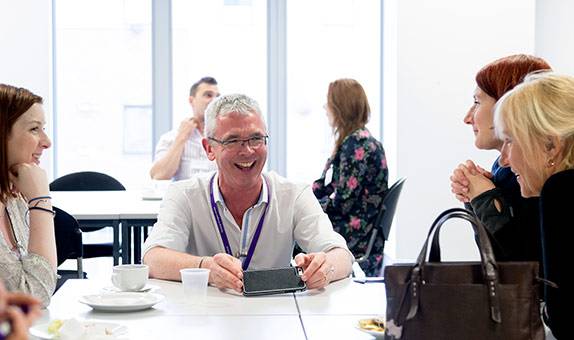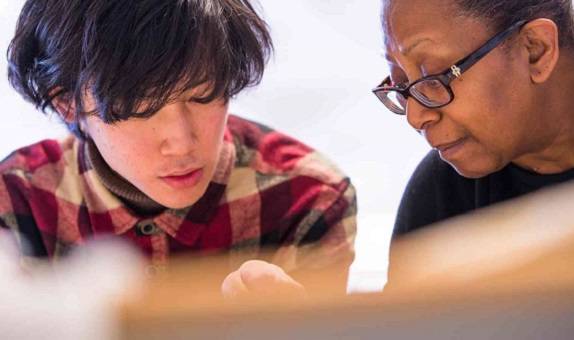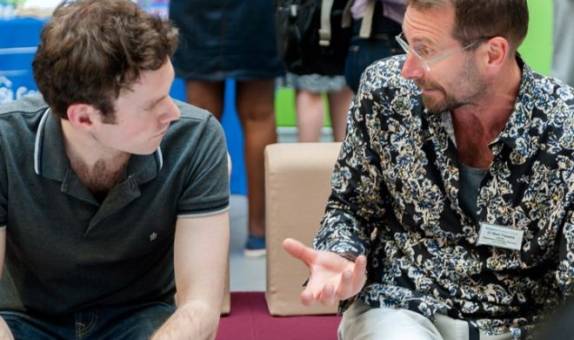Externally funded research in CResCID

Sexual Humanitarianism: Migration, Sex Work and Trafficking (SEXHUM)

Coordinator: Professor Nick Mai
An international European Research Council funded study of migration, sex work and trafficking in Australia, France, New Zealand and the US. Professor Nick Mai leads this investigation of the impact of anti-trafficking and humanitarian and social interventions, which target migrant sex workers in strategic urban settings.
The project's aim is to contribute to more efficient and ethical policies that address migrants working in the global sex industry. It adopts an innovative and multidisciplinary methodology including long term participant observation, qualitative interviewing and participative ethnographic filmmaking to analyse migrants' own understandings and experiences of agency and exploitation.

Securing the future of nuclear power through heritage-making (2015)

Coordinator: Dr Egle Rindzeviciute
Heritage institutions such as museums are crucial sites where the modern de-industrialising society seeks to develop viable governmental frameworks for governing both the past legacies and futures of the nuclear industry.
This process is explored in Dr Egle Rindzeviciute's (PI) research projects, such as the international research networking project "Nuclear Cultural Heritage: From Knowledge to Practice" (funded by UK Arts and Humanities Research Council, 2018-2021) and the international research development project "Nuclear Spaces: Communities, Locations and Materialities of Nuclear Cultural Heritage (NuSPACES)" (2021-2024), funded by a grant from the European Union's Joint Programming Initiative for Cultural Heritage and the AHRC.
These projects extend further Dr Rindzeviciute's work (as a Co-I) at international research project "Atomic Heritage Goes Critical: Community, Waste and Nuclear Imaginaries" explores the making of nuclear heritage. Funded by the Swedish Foundation for Humanities and Sciences (2018-2020) and 'Nuclear Legacies: Negotiating Radioactivity in France, Russia and Sweden' (the Baltic Sea Foundation, 2015-2017).
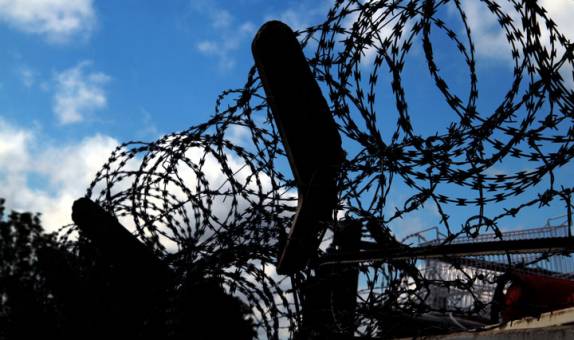
The Military in our midst (2018-2020, Leverhulme Trust)

Coordinator: Professor Vron Ware
The project analyses the complex dynamics of an embedded military presence in Tidworth, a historic garrison town on the edge of Salisbury Plain, and explores the impact of the military footprint in a locality shaped by more than a century of continuous war-preparation.
To learn more about this project, please follow these links:
Military Migrants

The Politics of Military Loss in Europe (2014-2015, Swedish Research Council)

Kingston Coordinator: Professor Vron Ware
A Swedish Research Council funded feminist study of the impact of military deaths in Iraq and Afghanistan. This comparative project examines how deaths of European soldiers in Afghanistan are given societal meanings and justifications and how these losses have been politically framed and handled.
The project proceeds from the idea that these new military deaths transform established understandings of national belonging. Professor Vron Ware, in collaboration with colleagues from six countries with different war histories, geopolitical positions and gender regimes, analyse media narratives and parliamentary debates to investigate two issues. First, how the losses in Afghanistan restructure relations between war, national identity and gender. Second, how these reshaped national identities influence democratic discussions and practices.
The research was published in this book:
- Gendering Military Sacrifice: A Comparative Feminist Analysis. Cecilia Ase & Maria Wendt. (eds). Routledge, 2019
Professor Vron Ware co-edited a special issue of Critical Military Studies:
- Delori, Mathias, and Ware, Vron. "The Faces of Enmity in International Relations. An Introduction." Critical Military Studies 5.4 (2019): 299-303.
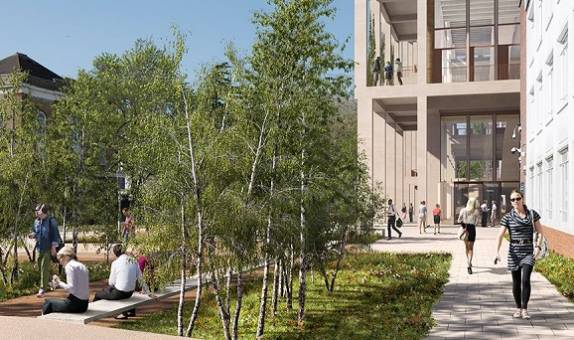
The Development and Transformation of Political Subjectivity in East Asia Focusing on Taiwan and Hong Kong (1 May 2018 – 31 October 2019; British Academy/Leverhulme)

Coordinator: Dr Atsuko Ichijo
A research project funded by the British Academy/Leverhulme Small Research Grants. This is a pilot study to develop methodology to research on the development of political subjectivity in the non-western context, in particular, Taiwan and Hong Kong. The two sites are chosen due to their positioning at the periphery of the Sino-centric world order before the incorporation in the Westphalian order. The project entailed fieldwork in Taiwan and Hong Kong and a concluding workshop with the main partner, Academia Sinica, Taipei on 3 September 2019. The workshop was entitled ‘Islands and Mainlands: Nationalism, State-formation and Centre-Periphery Relationship' and addressed by nine speakers from Taiwan, Hong Kong, Japan and the UK. Due to the political situation in Hong Kong, the workshop was invitation only and about 40 academics, mainly from Taiwan, attended. A proceedings collecting all presentations was produced by Academia Sinica.
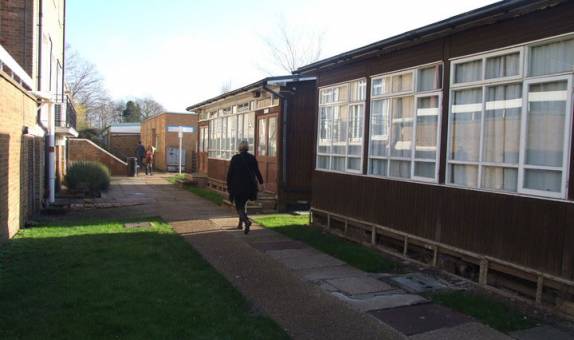
Prayer as Transgression? Exploring Accommodation of and Resistance to Prayer in Public Spaces (2015-2018, Social Sciences and Humanities Research Council, Canada)

Coordinator: Dr Sonya Sharma
Hospitals, as complex social systems and microcosms of broader society, are settings where prayer and religion come into play, and yet little research that has religion as the focus has been conducted in Canadian or British hospitals.
The Prayer as Transgression project aims to explore the ways that prayer is manifest-whether embraced, tolerated, or resisted-in healthcare settings. This is being accomplished through participatory, ethnographic methods, with research sites in Vancouver and London. It is funded by the Social Sciences and Humanities Research Council, Canada (#435-2015-1729) 2015-2018.
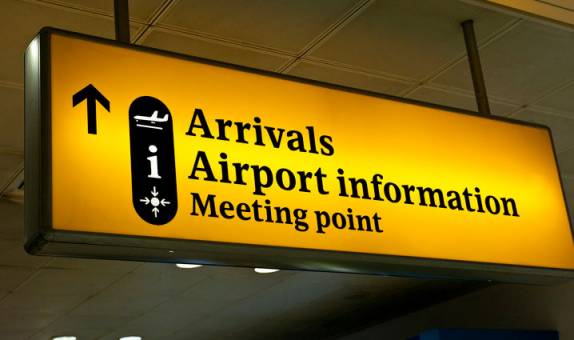
EU Migrants in the UK: Perceptions and Challenges of Belonging (British Academy/Leverhulme)

Coordinators: Dr Ronald Ranta and Nevena Nancheva
A British Academy and Leverhulme Trust-financed 18-month project. The research seeks to outline, from an interdisciplinary perspective, the phenomenon of migration from the EU within the national context of the UK. The focus is the impact of migration on EU migrants' identities, their sense of belonging and their place in British society and in the wider European context.

Mapping of the CRY (Cardiac Risk in the Young) Bereavement Support Programme: A Qualitative Study

A Cardiac Risk in the Young (CRY)-funded evaluation of the bereavement support programme offered by CRY to families in which a young person has died due to an undiagnosed heart condition. Professor Adrian Coyle is part of a research team that has used qualitative study and interviews with diverse stakeholders to generate insights that will be useful for service development and will enable the elaboration of a data-grounded model of this type of bereavement.

Income Distribution, Asset Prices, and Aggregate Demand Formation, 1850–2010: A Post-Keynesian Approach to Historical Macroeconomic Data

An Institute for New Economic Thinking (INET)-funded project. This research uses macroeconomic data going back to the mid-19th century to analyse a range of issues, including: the relation between income distribution and economic growth; debt, asset prices, and growth over time. At the core of the model is the distinction between wage and profit-led demand regimes and between debt-led and debt-burdened demand regimes. The research explores whether the growth regimes have changed over time, and whether growth models can be neatly grouped under headings like classical liberalism, Fordism, and neoliberalism.

Four research projects funded by the Qatar National Research Fund led by Associate Professor Muthanna Samara

- Comparative study of cyberbullying in Qatar and the UK: risk factors, impact on health and solutions
- Continuous Trauma and PTSD in Qatar and in the Gaza Strip: Risk Factors and Causes, Consequences and Resiliency Factors
- Premature Children in Qatar and the UK: Disability, Cognitive, Eating and Behaviour Development
- School experience, educational aspirations and scholastic achievement
These projects investigate: the precursors and consequences of cyber and traditional bullying amongst children, their peers and siblings and includes interviews with parents, teachers, and health and legal practitioners; the psychological well-being of children of war, refugees and the development of Post-Traumatic Stress Disorder (PTSD), and implements a Trauma Focused Cognitive Behavioural Therapy (TF-CBT) intervention with children who are at risk of developing PTSD; the development of premature children in Qatar (the Q-Prem study); the development of children at risk due to biological factors (very preterm children) in relation to behaviour, cognitive, quality of life and eating problems.

An examination of the psychological impact of pre-eclampsia screening and participation in the ASPRE trial

Funded by the Fetal Medicine Foundation, Dr Ana Nikcevic uses mixed-methods approach to examine the impact of high-risk pre-eclampsia status on pregnant women and the decision-making about participation in a medicated trial for prevention of pre-eclampsia.
